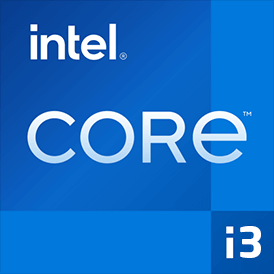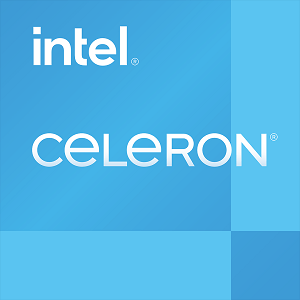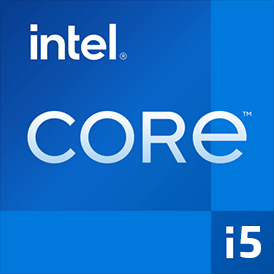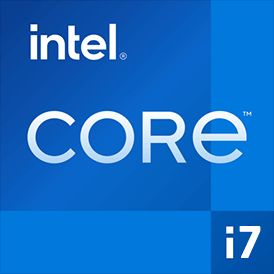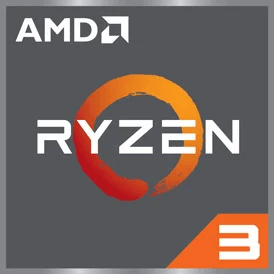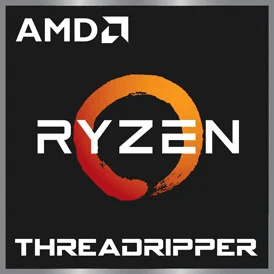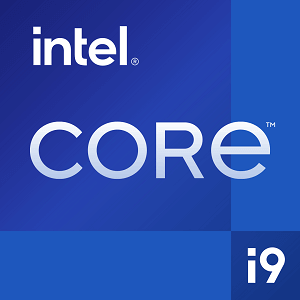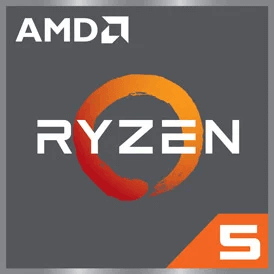Intel Core i3 4170 vs Intel Celeron J4025
We compared two desktop CPUs: Intel Core i3 4170 with 2 cores 3.7GHz and Intel Celeron J4025 with 2 cores 2.0GHz . You will find out which processor performs better in benchmark tests, key specifications, power consumption and more.
Main Differences
Intel Core i3 4170 's Advantages
Newer PCIe version (3.0 vs 2.0)
Higher base frequency (3.7GHz vs 2.0GHz)
Intel Celeron J4025 's Advantages
Released 4 years and 8 months late
Higher specification of memory (2400 vs 1600)
Larger memory bandwidth (38.4GB/s vs 25.6GB/s)
More modern manufacturing process (14nm vs 22nm)
Lower TDP (10W vs 54W)
Score
Benchmark
Geekbench 6 Single Core
Intel Core i3 4170
+153%
1001
Intel Celeron J4025
395
Geekbench 6 Multi Core
Intel Core i3 4170
+187%
1938
Intel Celeron J4025
675
Geekbench 5 Single Core
Intel Core i3 4170
+79%
855
Intel Celeron J4025
476
Geekbench 5 Multi Core
Intel Core i3 4170
+105%
1823
Intel Celeron J4025
888
Passmark CPU Single Core
Intel Core i3 4170
+67%
2056
Intel Celeron J4025
1224
Passmark CPU Multi Core
Intel Core i3 4170
+108%
3555
Intel Celeron J4025
1704
General Parameters
Mar 2015
Release Date
Nov 2019
Intel
Manufacturer
Intel
Desktop
Type
Desktop
x86-64
Instruction Set
x86-64
Haswell
Core Architecture
Gemini Lake Refresh
i3-4170
Processor Number
J4025
LGA-1150
Socket
BGA-1090
HD Graphics 4400
Integrated Graphics
UHD Graphics 600
Package
22 nm
Manufacturing Process
14 nm
54 W
Power Consumption
10 W
-
Peak Operating Temperature
105 °C
CPU Performance
2
Performance Cores
2
4
Performance Core Threads
2
3.7 GHz
Performance Core Base Frequency
2.0 GHz
-
Performance Core Turbo Frequency
2.9 GHz
2
Total Core Count
2
4
Total Thread Count
2
100 MHz
Bus Frequency
100 MHz
-
Multiplier
20x
64 K per core
L1 Cache
32 K per core
256 K per core
L2 Cache
4 MB shared
3 MB shared
L3 Cache
-
No
Unlocked Multiplier
No
Memory Parameters
DDR3-1600, DDR3L-1600
Memory Types
DDR4-2400, LPDDR4-2400
32 GB
Max Memory Size
8 GB
2
Max Memory Channels
2
25.6 GB/s
Max Memory Bandwidth
38.4 GB/s
Yes
ECC Memory Support
No
Graphics Card Parameters
true
Integrated Graphics
true
-
GPU Base Frequency
200 MHz
1150 MHz
GPU Max Dynamic Frequency
700 MHz
-
Shader Units
96
-
Texture Units
12
-
Raster Operation Units
2
-
Execution Units
12
-
Power Consumption
5 W
-
Max Resolution
3840x2160 - 30 Hz
-
Graphics Performance
0.14 TFLOPS
Miscellaneous
3.0
PCIe Version
2.0
16
PCIe Lanes
6
SSE4.1, SSE4.2, AVX-2
Extended Instruction Set
SSE4.2
